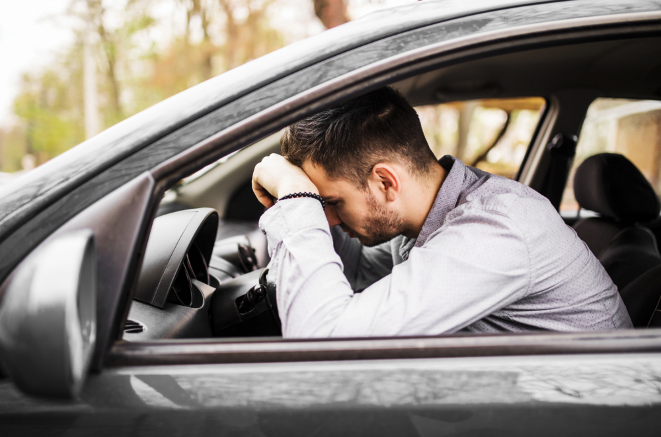
With this transport mode, you entrust your life to drivers who could be behind wheels for as many as several hours. While rideshare platforms have gained appeal thanks to their convenience and easy access, driver fatigue has also taken center stage as a significant concern in this transportation mode.
Knowing how fatigue can affect rideshare drivers can help you make intelligent decisions concerning your safety and know things to look out for during your rides. This post will discuss how driver fatigue contributes to rideshare accidents. Continue reading to discover more.
Many drivers drive longer to maximize their earnings, way beyond the safe limits. You probably never thought about this, but your driver may just be reaching the end of a 12-hour shift or holding multiple jobs. The pressure to make more money in peak hours and times of surge pricing pushes them to be on the road when they should be resting.
If you find yourself in an accident caused by a fatigued driver and you’d like compensation for your damages, don’t hesitate to hire a rideshare accident attorney. They could come in handy, especially with the confusion and mix of emotions that one goes through after an accident.
This situation turns out to be most endangering when one considers that many drivers drive late at night and early in the morning when body fatigue is at its peak. The circadian rhythm of a human body's sleep/wake cycle tends to make us feel drowsy during those hours naturally, whatever amount of sleep we may have huddled up.
The economics of rideshare driving create a perfect storm for accidents caused by driver fatigue. Often, drivers feel pressured to take as many rides as possible to keep up with financial demands. With vehicle payments and high maintenance costs, many say they can't afford to take appropriate rests or end shifts when tired.
This financial pressure tends to drive some drivers to push through their bodies' fatigue signals. They might resort to caffeine or energy drinks to remain awake, but such temporary remedies do not eliminate the need for rest of their body. The inevitable result is often reduced judgment, slower reaction times, and an increased risk of an accident.
With rideshare driving relatively different from conventional transportation jobs, with fixed hours, the driver may be subjected to irregular patterns, say, working at night and then suddenly switching to the day. This could make one's body fail to adjust and establish a regular sleep-wake cycle. Such disruption in sleep patterns could eventually lead to chronic fatigue, even when drivers feel they're getting enough rest.
Understanding this complex issue of driver fatigue in rideshare services and its contribution to rideshare accidents is not an academic exercise but rather one of self-protection and protection of others on the road. While technology and company policies offer safeguards, it often comes down to your awareness and proactive actions that significantly prevent potential crashes, like rear-end or T-bone collisions. Being a well-informed passenger would quickly help you recall these signs of fatigue and take appropriate action when necessary.